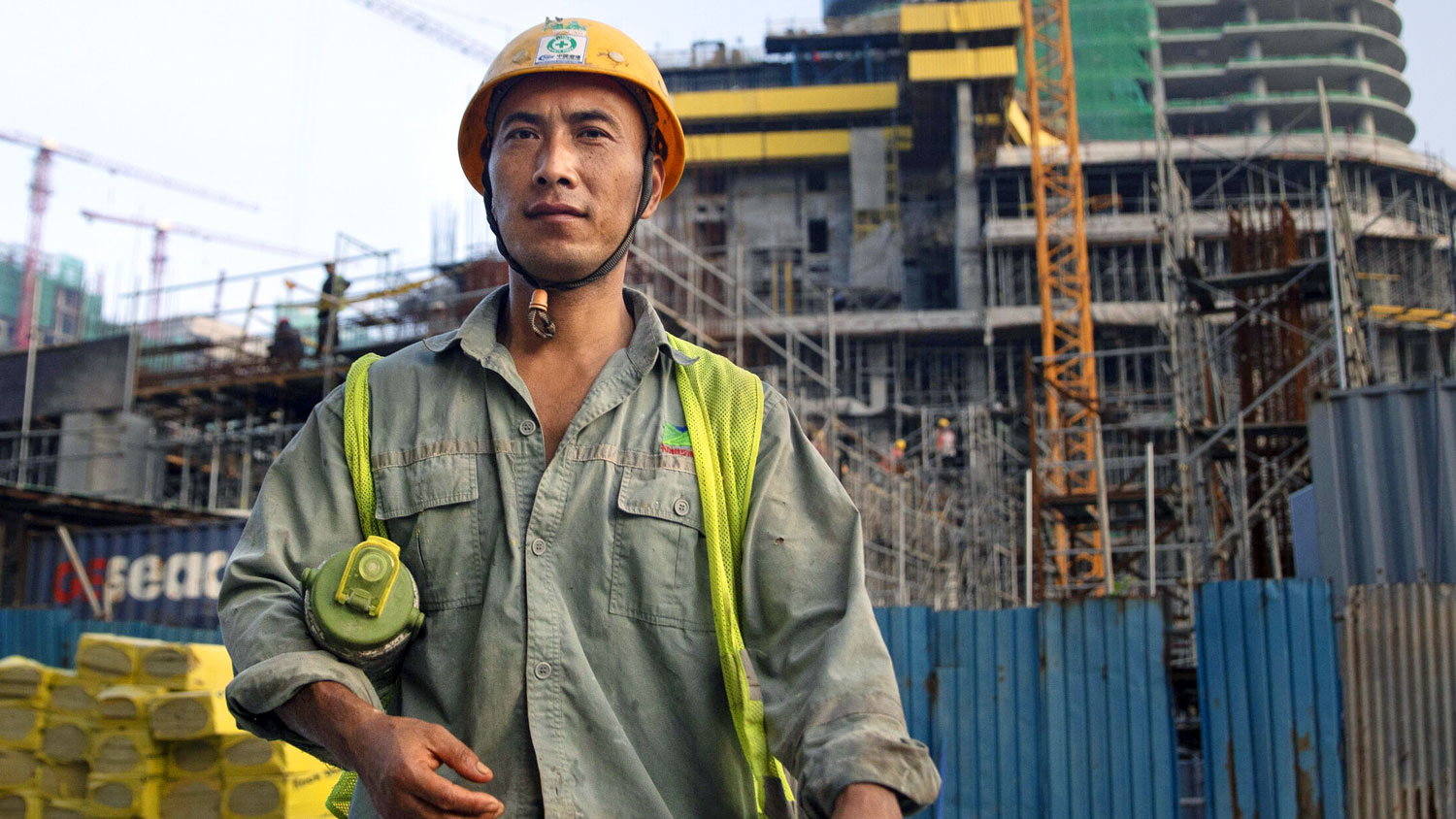Main Topic: Italy's potential withdrawal from China's Belt and Road Initiative (BRI) and its implications for Western alliances.
Key Points:
1. Italy, the only G7 nation to sign up to China's BRI, is considering pulling out of the project.
2. Italy's decision reflects the Western dilemma of balancing economic ties with China while addressing concerns over human rights and national security.
3. Italy's potential withdrawal from the BRI signals a shift in the Western approach to China and a desire to align more closely with the United States.
China's Belt and Road Initiative is facing financial troubles as approximately $78 billion worth of external loans are either in default or under renegotiation, giving the US an opportunity to gain leverage with indebted countries.
The BRICS 2023 Summit saw the expansion of the alliance with the addition of six countries, potentially leading to a shift in the global economic order and significant de-dollarization efforts, while notable absences by Vladimir Putin and Chinese President Xi Jinping raised concerns, and China and India made progress in their border talks.
India's adversarial relationship with China and its moves to block imports and investment from China could complicate its involvement in BRICS, as China seeks to expand the group and use it as a platform to challenge Western dominance.
China's economic tactics, including BRICS expansion, are aimed at challenging the US economically rather than engaging in a war, according to US presidential candidate RFK Jr., who believes China wants to bury the US on an economic playing field while still relying on it.
China's Belt and Road Initiative is facing challenges and losing steam due to economic downturn, rising debt, defaults, and the impact of COVID-19, prompting a rethink by Beijing to boost profitability and address concerns about the debt burden on participating countries.
Italian Prime Minister Giorgia Meloni stated that Italy's decision on whether to leave the Belt and Road Initiative (BRI) is still pending, emphasizing that there is more to Italy's relationship with China beyond the BRI.
The BRICS expansion, which includes countries like Saudi Arabia, the UAE, and Iran, has raised concerns in the U.S. and EU as it poses a threat to Western-dominated financial markets, while China's influence grows and the alliance aims for de-dollarization in global trade.
The plan by the U.S. and India to build an alternative to China's Belt and Road Initiative could lead to better deals for countries along the route and is seen as healthy competition by participants at a conference in Hong Kong.
Former central bank governor Zhou Xiaochuan believes that China can fuel regional growth and Hong Kong can play a critical role in this, especially through its participation in the Belt and Road Initiative and its position as a global financial hub.
Western countries have an opportunity with the Partnership for Global Infrastructure and Investment (PGII) to counter China's struggling Belt and Road Initiative by providing a credible infrastructure plan for developing countries, but the financing and transparency of the PGII still need to be addressed.
China's Belt and Road Initiative, which celebrates its 10th anniversary, is facing waning domestic support despite its touted economic benefits, according to The Economist's Beijing bureau chief and senior China correspondent.
Russian President Vladimir Putin views China's Belt and Road Initiative as a cooperative effort rather than an attempt to dominate, emphasizing the lack of imposition on other nations and the opportunities it provides.
China's Belt and Road initiative, once hailed as the "project of the century," is facing uncertainty and declining momentum as China's economic problems, geopolitical tensions, and accusations of irresponsible lending hamper its progress.
China's Belt and Road Initiative, which aimed to enhance China's global influence through infrastructure lending, is evolving as China becomes the world's largest debt collector and emphasizes smaller grants for environmentally sustainable projects.
China's Belt and Road Initiative, which has built infrastructure projects around the world, is shifting towards smaller and greener projects after concerns over debt and environmental impact, with future projects relying more on Chinese company investments rather than development loans.
China is hosting its third international forum on the Belt and Road Initiative, with the attendance of key leaders from countries such as Russia, Sri Lanka, Kenya, Indonesia, Hungary, and Argentina, who are involved in BRI projects.
Chinese President Xi Jinping announced an eight-point vision for the Belt and Road Initiative, focusing on funding and green development, while both Xi and Russian President Vladimir Putin did not address geopolitical conflicts in their speeches at the forum.
Chinese President Xi Jinping praised the Belt and Road Initiative at its 10-year anniversary forum, warning Western states against "decoupling" from China's economy and emphasizing that China's development should be seen as an asset rather than a threat.
China is using loans from its Belt and Road Initiative to promote the yuan internationally, increasing its share of global payments, although it still has a long way to go to challenge the dominance of the US dollar.
The Taliban administration wants to join China's 'Belt and Road' infrastructure initiative and will send a technical team to China for talks, signaling China's efforts to strengthen ties with the Taliban-run government.
China has pledged $106.6 billion in new financing for its Belt and Road Initiative, focusing on "small yet smart" projects that deliver more value and minimize risk.
